Space-efficient binary optimization for variational computing
Adam Glos, Aleksandra Krawiec, Zoltán Zimborás
Institute of Theoretical and Applied Informatics, Polish Academy of Sciences

The problem: TSP
given the cost between cities, find the cheapest route such that the route goes through all cities and comes back

We need short, mathematical, and general description
Integer programming?
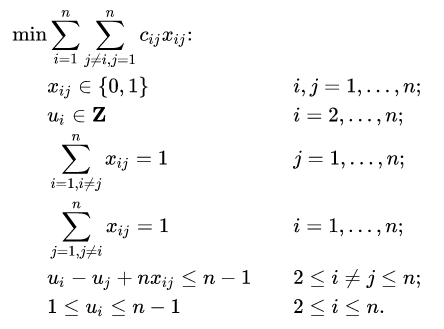
Quadratic Unconstrained Binary Optimization
Any NP-complete problem can be turned into QUBO
Every binary function can be turned into a polynomial, but not necessarily quadratic!
Lucas, Andrew. "Ising formulations of many NP problems." Frontiers in Physics 2 (2014): 5.

Ising model - the quantum way
0,1 => 1,-1
finite order => small model
QUBO => 2-local Ising model
This is not true in general
QAOA - a special gate-model QA
We can use higher-order terms
|
Farhi, Edward, Jeffrey Goldstone, and Sam Gutmann. "A quantum approximate optimization algorithm." arXiv preprint arXiv:1411.4028 (2014). |


What if we have quite good quantum computers, but with very small number of qubits?


TSP - waste of qubits
We have n! possible routes

only n log(n) qubits! (but needs higher-order terms)

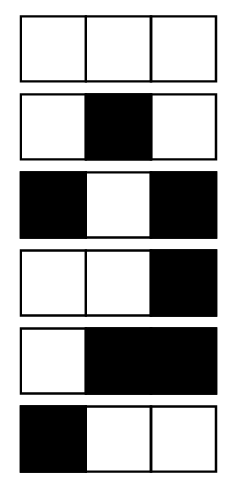
QAOA - can we run it?
HOBO of order ~log(n) but still a small number of terms!
(constraints)
(objective)
QAOA - can we run it? cont.
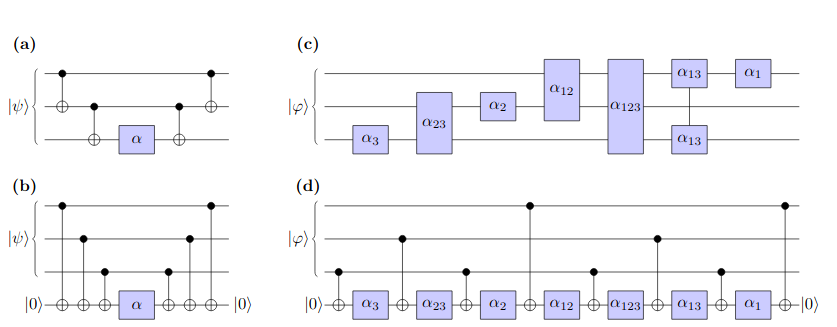

QAOA - can we run it? cont.
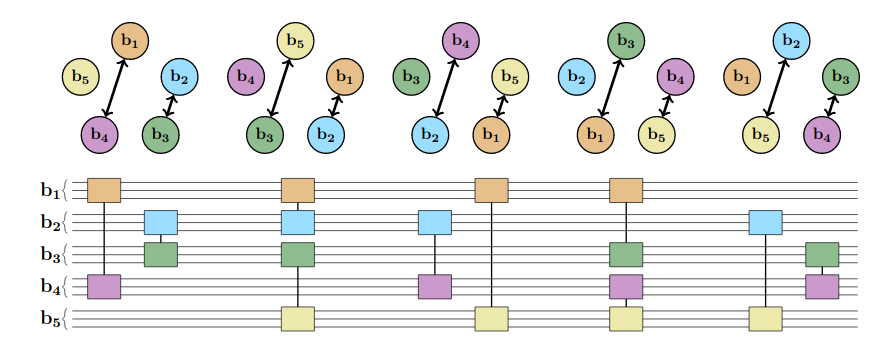

round robin-tournament
Is HOBO better?


N=3
N=4
N=3
N=5
N=4
Text
depth
no. qubits
HOBO
QUBO
Text
?
Intermediate cases?
Good mixed approach
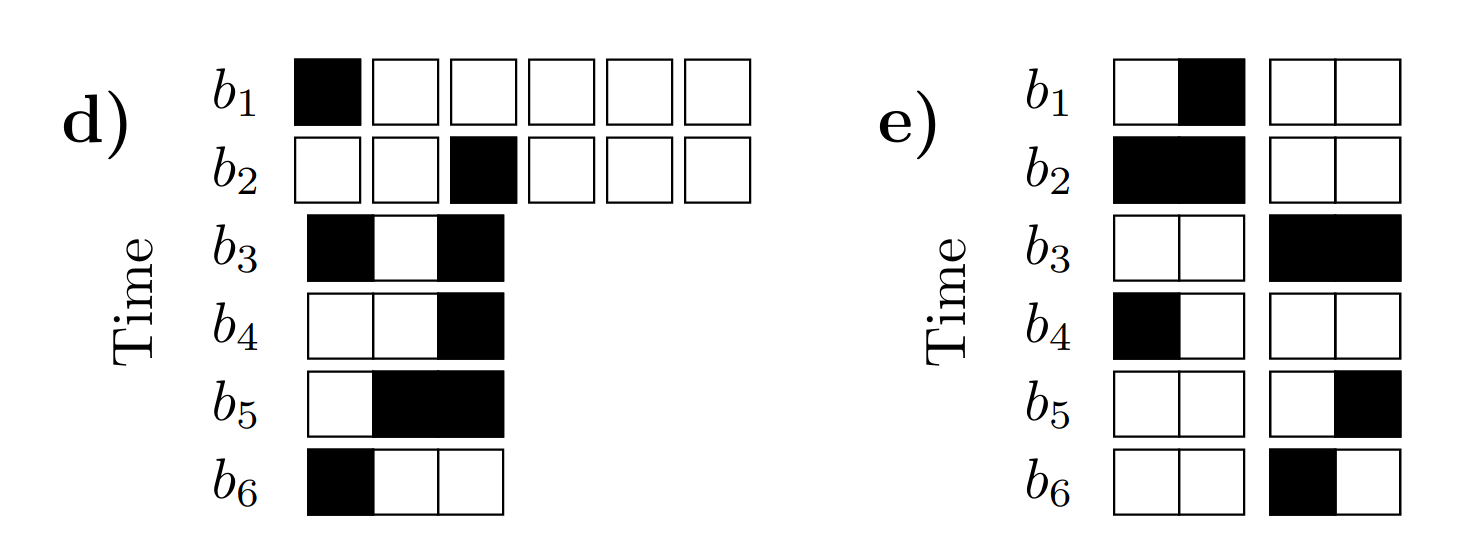
HOBO
QUBO
Conclusions

- smaller number of qubits,
- (probably) more efficient than QUBO + QAOA,
- has smaller relative feasible space,
- produces MUCH deeper circuits than QUBO!
Glos, A., Krawiec, A., & Zimborás, Z. (2020). Space-efficient binary optimization for variational computing. arXiv preprint arXiv:2009.07309.
Also true for Quantum Alternating Operator Ansatz
New idea !

Today, 15:40 GMT!
HOBO-size mixer
QUBO objective encoding
Change of the encoding (from binary to one-hot vector at inverse)
QAOA Quantum science days 01.06.2021
By Adam Glos
QAOA Quantum science days 01.06.2021
- 213



